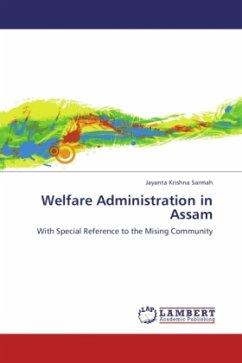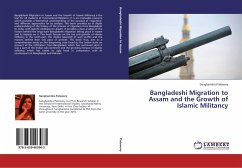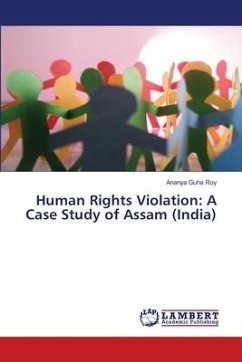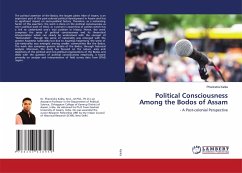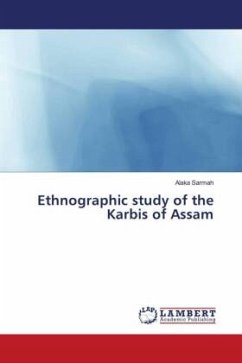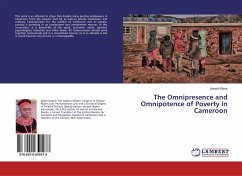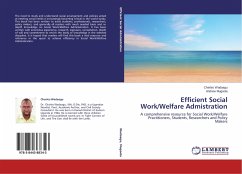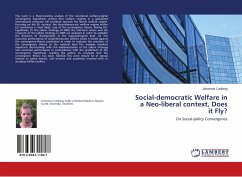Mising is the second largest plains tribe community in Assam (India), next to Bodo, who through the ages have been living in abject material poverty. They still depend on primary sector i.e. agriculture and their economy are of subsistence type. They produce for domestic purpose only according to their needs and requirements for consumption leaving either little surplus or no surplus and consequently no investment. Since the economy is not self generating, it more or less leaves them in a stagnant situation. Economically, they are in a fused stage, where lesser employment in secondary sector, highest percentage of expenditure on food items, poor credit system, wretched housing conditions and sharing of economic activities along with collective consumptions are very common. The areas inhabited by Misings are basically flood prone and due to constant floods in recent years, their economy stands on a precarious footing. Thus the welfare of the Mising people is unquestionably a matter of great concern. .. ... "The question is important because the welfare state has played an important role in both moderating and exacerbating inequality..." Michael B. Katz, University of Pennsylvania
Bitte wählen Sie Ihr Anliegen aus.
Rechnungen
Retourenschein anfordern
Bestellstatus
Storno

